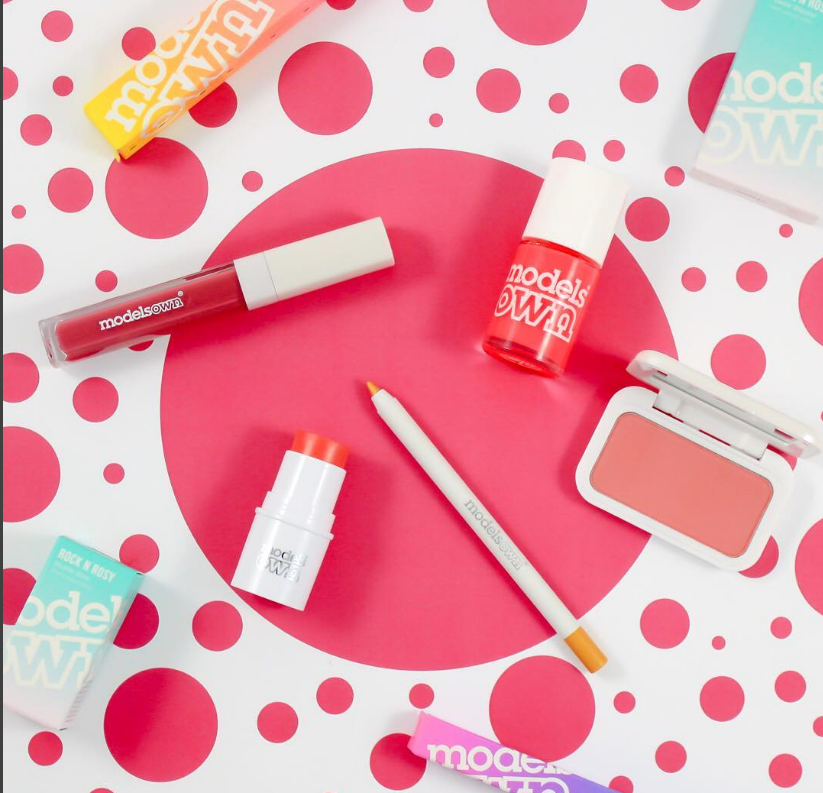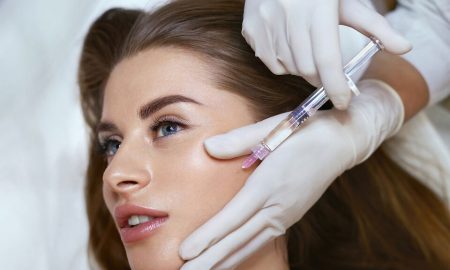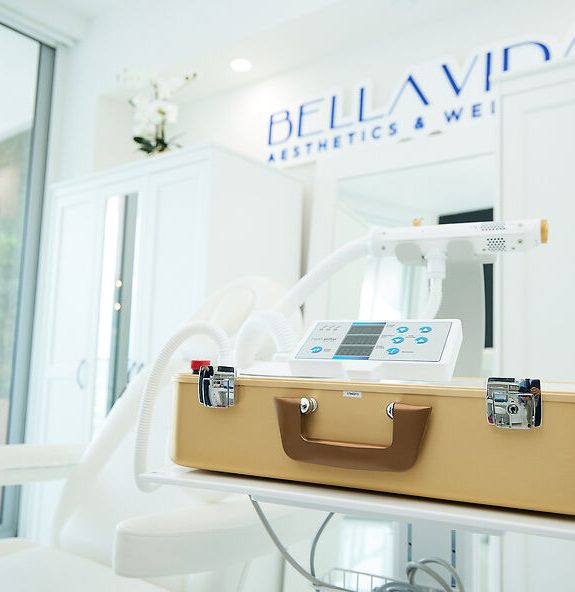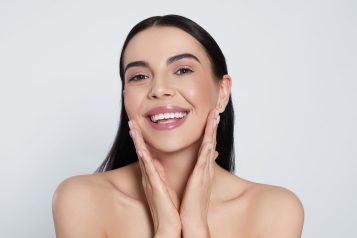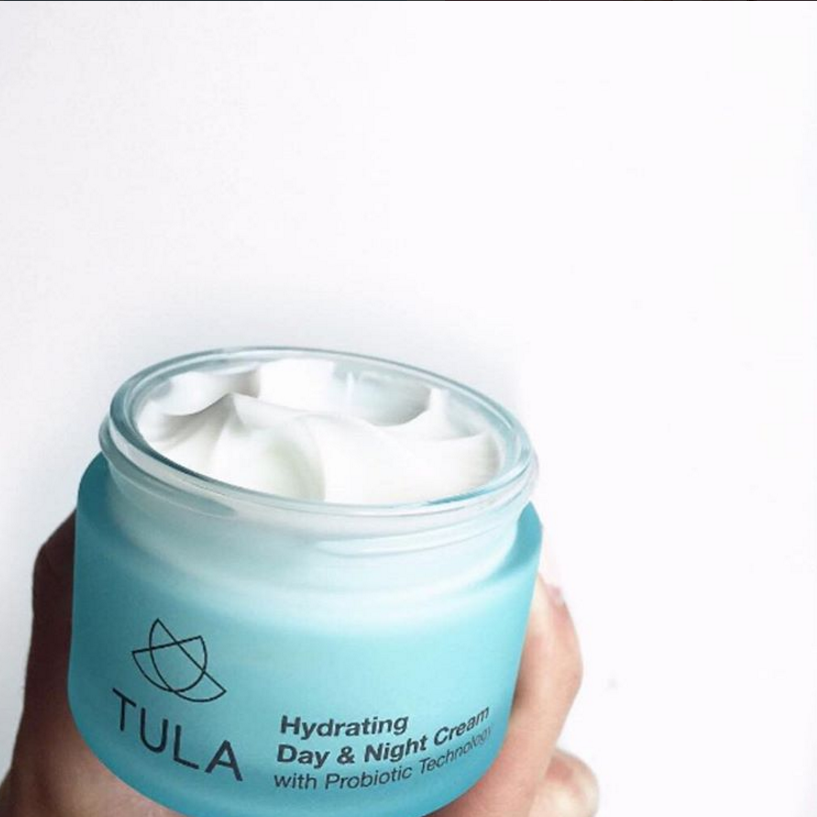
Pools of beneficial bacteria that stimulate the digestive system, probiotics have recently given rise to a new skincare craze.
Probiotics, contained in food like yogurt and kimchi, flourish in the bowels and balance out the metabolism. For years, dermatologists have parsed the connection between a happy gut and a healthy complexation.
“We’ve always understood that our digestive health can impact our entire body—everything from sleep and energy to overall body inflammation and immunity—and especially our skin,” said Dr. Roshini Raj, a gastroenterologist and internist, to Well and Good. “Sometimes patients would walk into my office and I would know immediately that they were struggling with a GI issue by just looking at the state of their complexion.”
This observation prompted Dr. Raj to explore the possibility of a direct application of probiotics onto the skin. The notion is not much different from the dual-function of antioxidants, which we have eaten and smeared on our faces for decades.
After years of research, Dr. Raj came to the conclusion that skincare should not amount to scrubbing off the bad bacteria but to countering them out with good bacteria. Washing your face with a concoction of bacteria may not sound appealing but it is a new dermatological breakthrough.
“When you wash your face, especially with harsh cleansers and soaps, you are removing both the good and bad bacteria from your skin,” Dr. Raj said. “Any disruptions to the balance of bacteria—too much bad—leaves skin susceptible to skin irritations such as dryness, inflammation, and infection.”
Banking on this theory, several beauty brands entirely dedicated to probiotic skincare have sprung up. Dr. Raj’s TULA and London-based Aurelia are leading the trend.
Topical probiotics that nurture “your skin with a balanced meal of good-for-you ingredients the same way a healthy diet nourishes your body,” as Tula’s website declares, have been also found to boast anti-inflammatory facilities that could treat conditions like acne and rosacea.
Yet, as a novel field of skincare, probiotics have stirred mixed scientific reception. Modern Medicine Network says more studies are needed to conclude the effects of probiotics on skin health and whether they are worth the hype.







